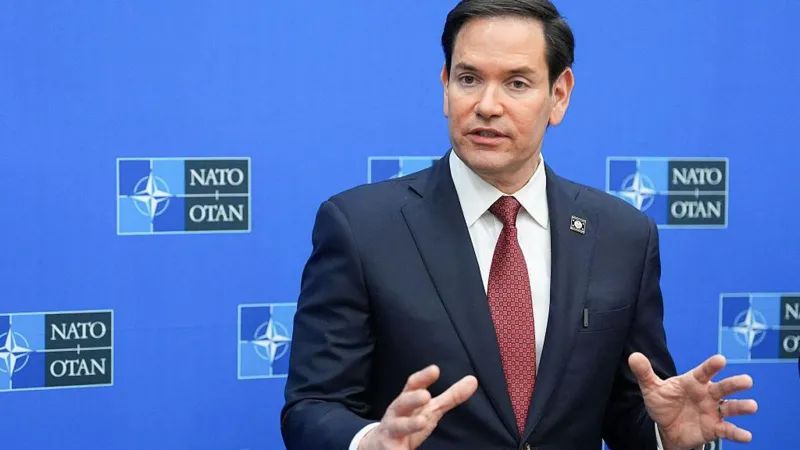The United States has announced the immediate cancellation of visas issued to all South Sudanese passport holders.
US Secretary of State Marco Rubio on Saturday declared that Washington would also deny entry to any South Sudanese citizens arriving at US ports of entry.
The move follows South Sudan’s continued refusal to accept nationals deported from the United States.
Rubio blamed the action on “the failure of South Sudan’s transitional government to accept the return of its repatriated citizens in a timely manner.”
“It is time for the Transitional Government of South Sudan to stop taking advantage of the United States,” said Rubio. “Every country must accept the return of its citizens in a timely manner when another country, including the United States, seeks to remove them,” he added.
The decision comes amid rising tensions in South Sudan, where fears are mounting that the fragile peace secured in 2018 may collapse. On 8 March, the US ordered the evacuation of all non-emergency diplomatic staff from the country following outbreaks of regional violence.
South Sudanese nationals in the US had previously been granted Temporary Protected Status (TPS), allowing them to legally remain for a limited period. That protection had been set to expire by 3 May.
The Trump administration, which has made mass deportations a key part of its immigration agenda, has taken a hardline stance against countries that resist repatriation efforts. South Sudan joins a growing list of nations facing consequences for such refusals.
ALSO READ: Israel admits mistakes over killing of 15 emergency workers in Gaza
South Sudan became the world’s youngest nation in 2011 after gaining independence from Sudan.
However, the country plunged into civil war in 2013 following a political rift between President Salva Kiir and then Vice-President Riek Machar. The conflict claimed more than 400,000 lives before a power-sharing agreement was reached in 2018.
Despite the peace deal, implementation has stalled. Critical components, such as drafting a new constitution, holding national elections, and forming a unified army remain incomplete. Sporadic violence continues in several regions, threatening the country’s stability.
Since returning to the White House, President Donald Trump has repeatedly clashed with foreign governments over deportation issues.
In January, Colombian President Gustavo Petro temporarily blocked two US military flights carrying deported migrants. He later reversed the decision after Trump threatened economic sanctions.
ALSO READ TOP STORIES FROM NIGERIAN TRIBUNE




